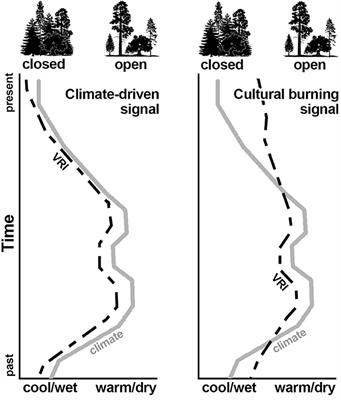ORIGINAL RESEARCH
Published on 04 Sep 2024
Archaeological evidence of anthropogenic burning for food production in forested uplands of the Grand Canyon province, northern Arizona
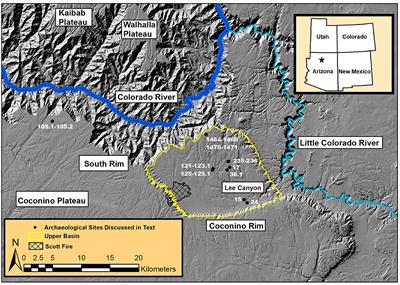
doi 10.3389/fearc.2024.1302604
- 972 views
3,367
Total downloads
14k
Total views and downloads
Select the journal/section where you want your idea to be submitted:
ORIGINAL RESEARCH
Published on 04 Sep 2024

ORIGINAL RESEARCH
Published on 05 Jul 2024
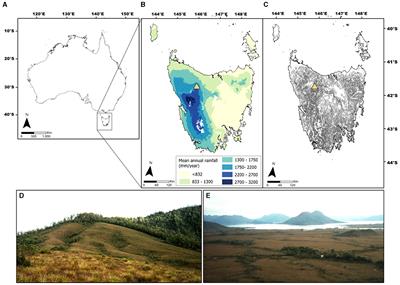
HYPOTHESIS AND THEORY
Published on 26 Jun 2024
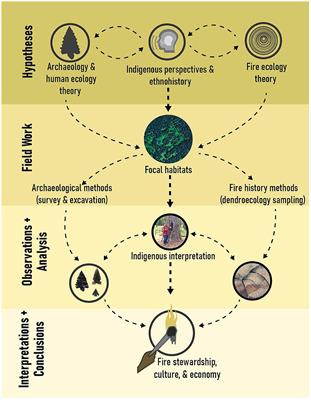
ORIGINAL RESEARCH
Published on 11 Dec 2023
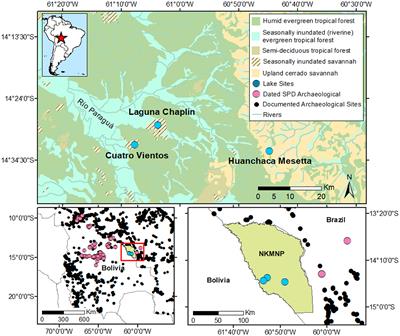
ORIGINAL RESEARCH
Published on 14 Nov 2023
